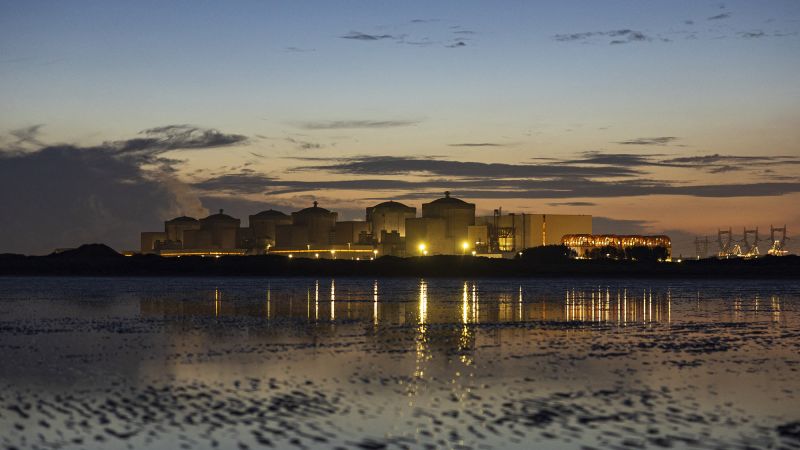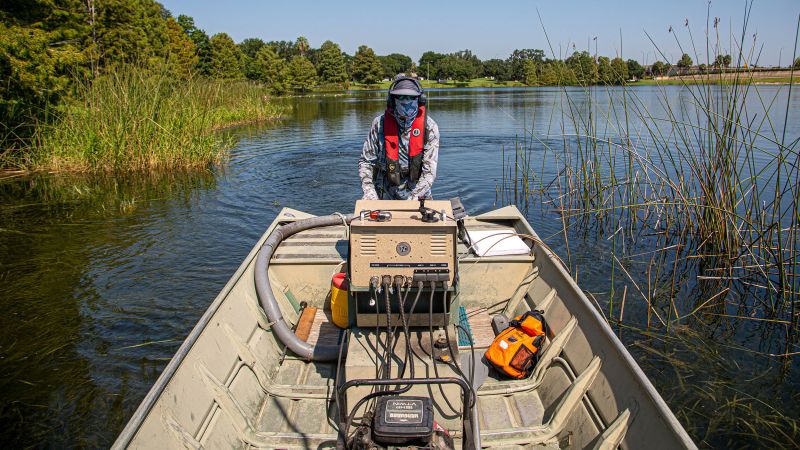
Jellyfish Swarm Forces Shutdown of Four Nuclear Reactors in France
World | 8/11/2025
Four reactors at the Gravelines nuclear power plant in France were forced to shut down late Sunday after a swarm of jellyfish infiltrated the cooling systems, announced the plant’s operator EDF on Monday. This unusual occurrence was attributed to the increasing water temperatures, possibly linked to global warming. The shutdown, impacting a significant portion of the plant’s capacity, highlights the vulnerability of nuclear facilities to environmental factors.
EDF, in a statement, confirmed that the influx of jellyfish obstructed the normal operation of the cooling systems, necessitating the reactors’ shutdown as a precautionary measure. The presence of jellyfish in the cooling systems poses a risk to the plant’s functionality and safety protocols. This incident underscores the potential disruptions that marine life, influenced by changing environmental conditions, can cause to critical infrastructure.
The Gravelines plant, one of France’s largest nuclear facilities, plays a crucial role in the country’s energy production. The shutdown of four reactors, while prompted by an unexpected event, raises concerns about the resilience and adaptability of nuclear power in the face of ecological challenges. Experts emphasize the need for robust safeguards and preparedness measures to mitigate the impact of such incidents on energy supply and public safety.
In response to the shutdown, EDF is reportedly working on clearing the jellyfish from the cooling systems and assessing any potential damage caused. The incident at Gravelines serves as a reminder of the intricate balance between industrial operations and natural ecosystems, prompting calls for enhanced monitoring and preventive measures to safeguard against future disruptions. The plant’s temporary closure underscores the complex interplay between human activities, environmental changes, and the resilience of critical infrastructure.


